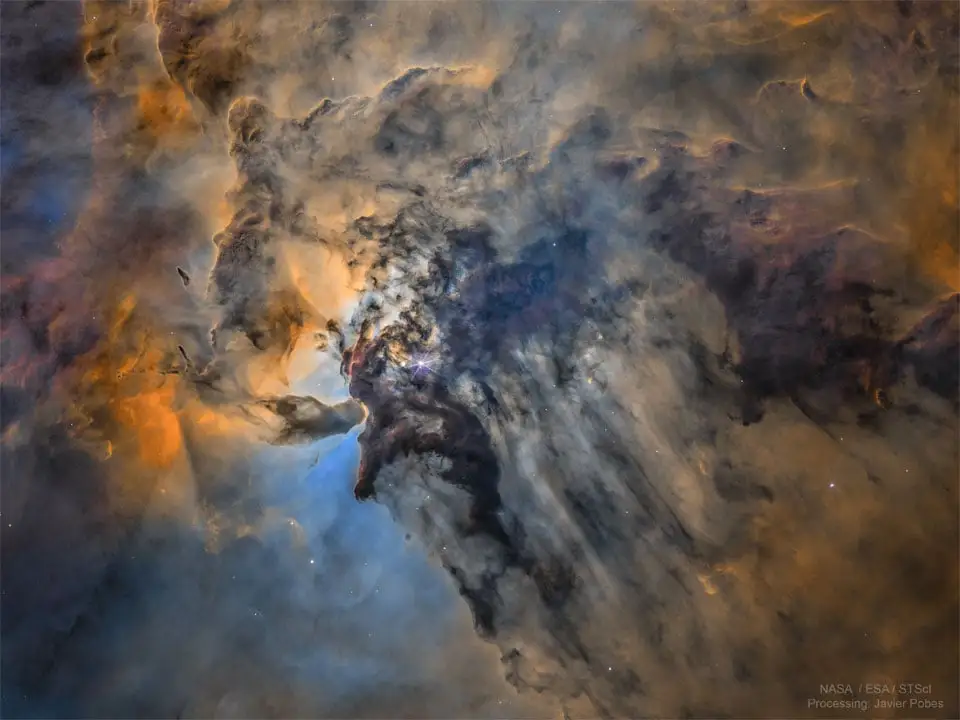this post was submitted on 01 Sep 2024
18 points (87.5% liked)
Space
8687 readers
46 users here now
Share & discuss informative content on: Astrophysics, Cosmology, Space Exploration, Planetary Science and Astrobiology.
Rules
- Be respectful and inclusive.
- No harassment, hate speech, or trolling.
- Engage in constructive discussions.
- Share relevant content.
- Follow guidelines and moderators' instructions.
- Use appropriate language and tone.
- Report violations.
- Foster a continuous learning environment.
Picture of the Day
 The Busy Center of the Lagoon Nebula
The Busy Center of the Lagoon Nebula
Related Communities
🔭 Science
- !astronomy@mander.xyz
- !curiosityrover@lemmy.world
- !earthscience@mander.xyz
- !esa@feddit.nl
- !nasa@lemmy.world
- !perseverancerover@lemmy.world
- !physics@mander.xyz
- !space@beehaw.org
- !space@lemmy.world
🚀 Engineering
🌌 Art and Photography
Other Cool Links
founded 1 year ago
MODERATORS
you are viewing a single comment's thread
view the rest of the comments
view the rest of the comments

So, the major issue with settling moon is resource availability: water (!), carbon, fertile soil, and energy.
On the moon you have none of that. Maybe, with a lot of luck, you find water somewhere. Then you need carbon, energy during the long moon nights, and soil that isn't razor sharp particles.
On Mars, you have all of them: low concentrations of water in the atmosphere, carbon from carbon dioxide in the atmosphere, soil that isn't razor sharp (thanks to erosion), and the nights are short enough that you can make it through them.
True, and you have more gravity. On the other hand you have perchlorides. Obviously you need water but I thought they did find some already near the south pole on the moon? (EDIT: Yes but apparently little and not very concentrated). I didn't know there was so little carbon though.